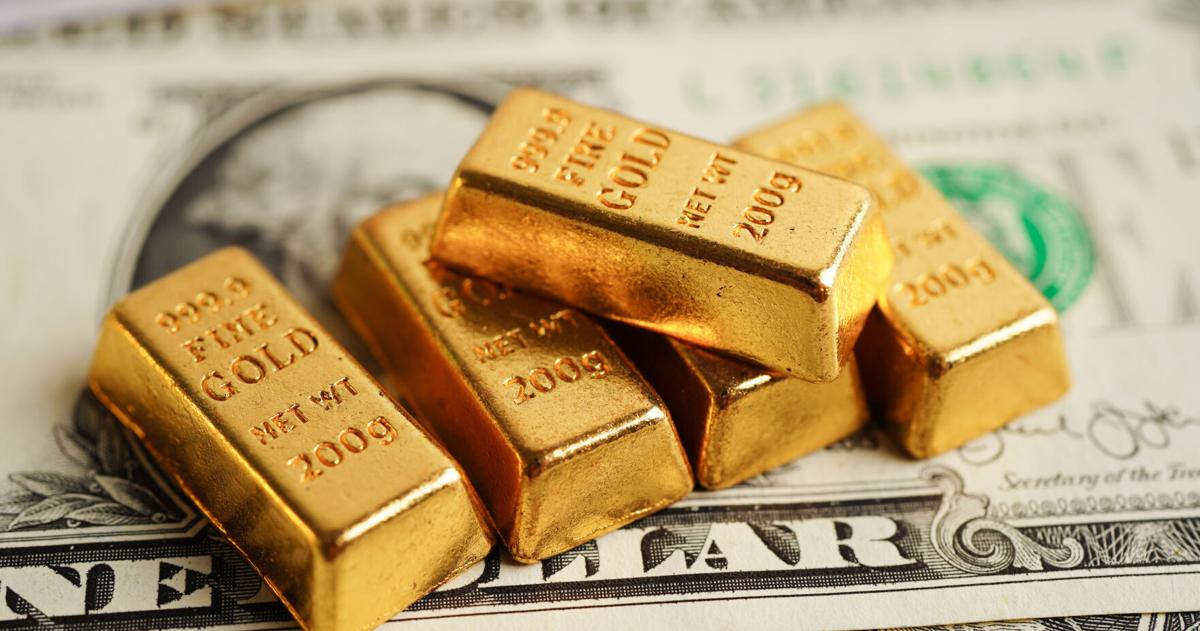- Joined
- Mar 13, 2022
- Messages
- 2,682
- Reaction score
- 739
- Political Leaning
- Conservative
An interesting move on Utah's part, though I have doubts about how extensively this will get used.

 www.stgeorgeutah.com
www.stgeorgeutah.com
And the section of the Constitution that allows this, Article I, Section 10: "No state shall ... make anything but gold and silver coin a tender in payment of debts ..."

Utah becomes 1st in nation to approve gold and silver payments for state vendors
The Utah Legislature passed the precious metals amendments bill authorizing the state treasurer to issue a competitive procurement for a precious metals-backed electronic payment platform, allowing state vendors to opt
The Utah Legislature passed the precious metals amendments bill authorizing the state treasurer to issue a competitive procurement for a precious metals-backed electronic payment platform, allowing state vendors to opt for payment in physical gold and silver.
Sponsored by Rep. Ken Ivory and carried in the Senate by Sen. Keith Grover, the bill, designated HB 306 in Utah's 2025 legislative session, passed with strong bipartisan support in both the House and Senate and now awaits the governor’s signature. This landmark move positions Utah as the first state in the nation to pass a transactional gold bill, according to a news release issued by the Utah Office of State Treasurer.
And the section of the Constitution that allows this, Article I, Section 10: "No state shall ... make anything but gold and silver coin a tender in payment of debts ..."

